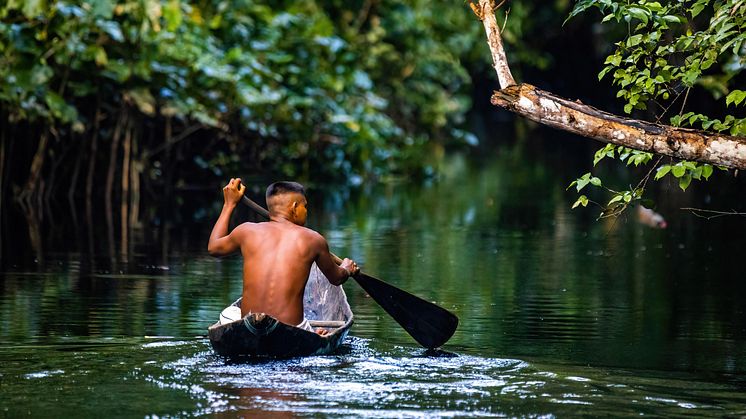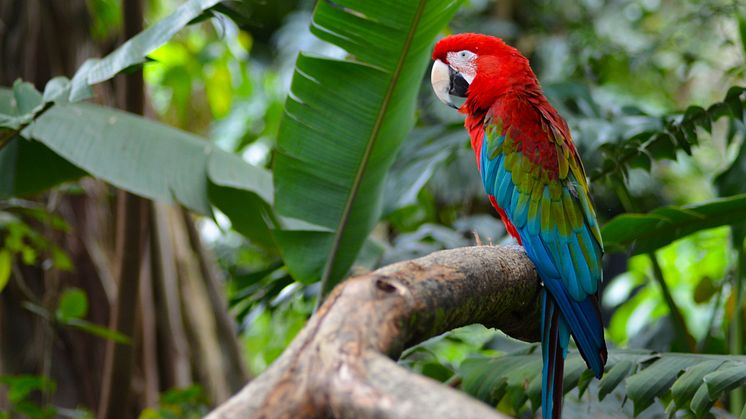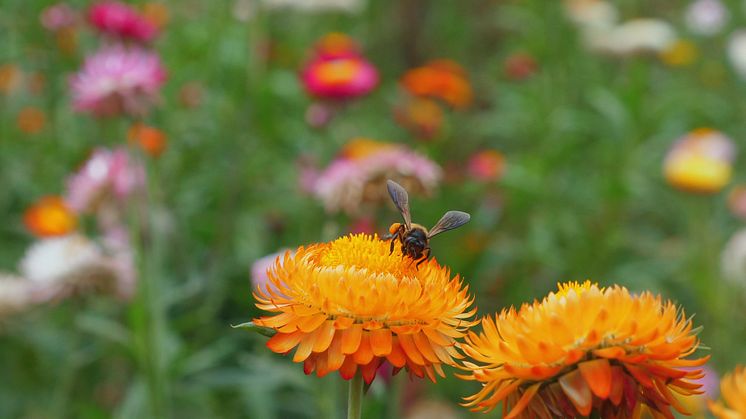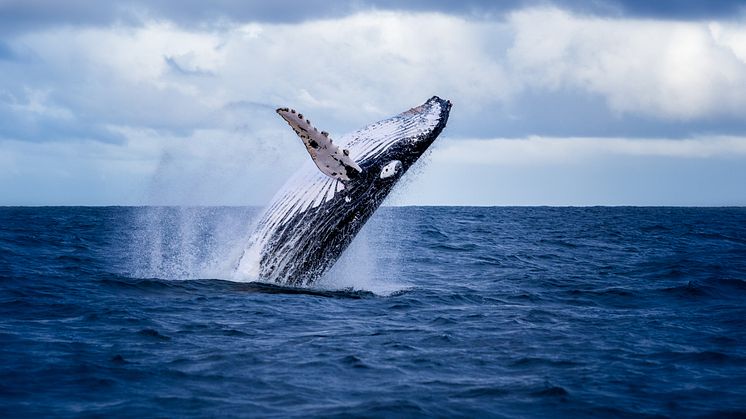
News -
Catch up on the main nature policy news from August
In a nutshell: Updated NBSAPs and national targets / Negotiations on ABS / World Summit on Traditional Knowledge Related to Biodiversity
Updated NBSAPs and national targets
With the UN Biodiversity COP16 less than two months away, the number of countries submitting updated National Biodiversity Strategies and Action Plans (NBSAPs) and national targets is accelerating. Italy, Indonesia, Jordan and South Korea have published their updated NBSAPs during the past month, bringing the total number of updated NBSAPs to 14.
Italy’s NBSAP includes a section on “Promoting a pro-biodiversity business movement”, by implementing the Corporate Sustainability Reporting Directive (CSRD) and promoting best practice. It also aims to disseminate environmental certification systems in sectors such as agriculture, forestry, fisheries and aquaculture, and through supply chains.
Indonesia’s NBSAP includes a national target on private sector transparency in biodiversity management and reducing the negative impacts of business operations on biodiversity. According to the NBSAP, by 2030, 50% of companies participating in the country’s program for pollution control, evaluation, and rating will have to report on biodiversity management.
South Korea’s NBSAP includes a target to “take measures to facilitate the assessment and disclosure of corporate risks, impacts and dependence on nature”. This involves encouraging disclosure based on TNFD’s recommendations, although the South Korean government states the country still has a way to go in terms of scaling biodiversity assessment and disclosure.
Jordan’s NBSAP has four goals, one of which is to “fully fund biodiversity conservation through domestic budgets, international funding, and private sector investments”. To achieve this, the country plans to introduce policies and regulatory instruments that “seek to remove perverse incentives and market distortions, such as inappropriate subsidies or other financial incentives”.
Additionally, over 40 countries have submitted their updated national targets including: Sweden, Morocco, Democratic Republic of Congo, United Kingdom, Jordan, Venezuela, Costa Rica and Croatia.
Negotiations on Access and Benefit-Sharing conclude ahead of COP16
One of the key negotiation items that will be discussed at COP16 will be about establishing a multilateral mechanism to share the benefits derived from Digital Sequence Information on genetic resources (DSI), including a global fund.
In a press release, issued after the pre-negotiation session in August, the CBD concluded that countries are close to reaching agreement, and we could expect this at COP16, Although many details still need to be finalized, countries have agreed to ensure companies from all sectors relying on DSI contribute to a global fund for biodiversity action worldwide.
The list of sectors is still being discussed, but currently includes areas such as agriculture, pharmaceuticals, and cosmetics. Draft recommendations suggest the fund should receive contributions from large and transnational producers and companies.
Negotiations on DSI will continue at COP16.
Summit outlines recommendations to integrate the role of Indigenous Peoples in the Biodiversity Plan implementation
The World Summit on Traditional Knowledge Related to Biodiversity gathered around 100 representatives of Indigenous Peoples and local communities to discuss recommendations on how to successfully integrate their role in the implementation of the Biodiversity Plan.
According to the International Indigenous Forum on Biodiversity (IIFB), the summit’s organizer, “participants called on COP16 to advance recognition of traditional knowledge by supporting the creation of a permanent subsidiary body on traditional knowledge; the adoption of a new work program to guide countries' commitments to respect, preserve and maintain traditional knowledge until 2050; and recognition of the contribution of traditional knowledge to conserving biodiversity and addressing the impacts of climate change”.
The creation of the permanent subsidiary body was singled out as important, as it would contribute to strengthening participation of Indigenous Peoples and local communities and address topics such as the contribution of Indigenous lands and territories to biodiversity conservation.
Read the July news update to catch up on previous nature policy stories from around the world.
Don’t forget to read our policy recommendations to governments that cover several topics outlined above.




